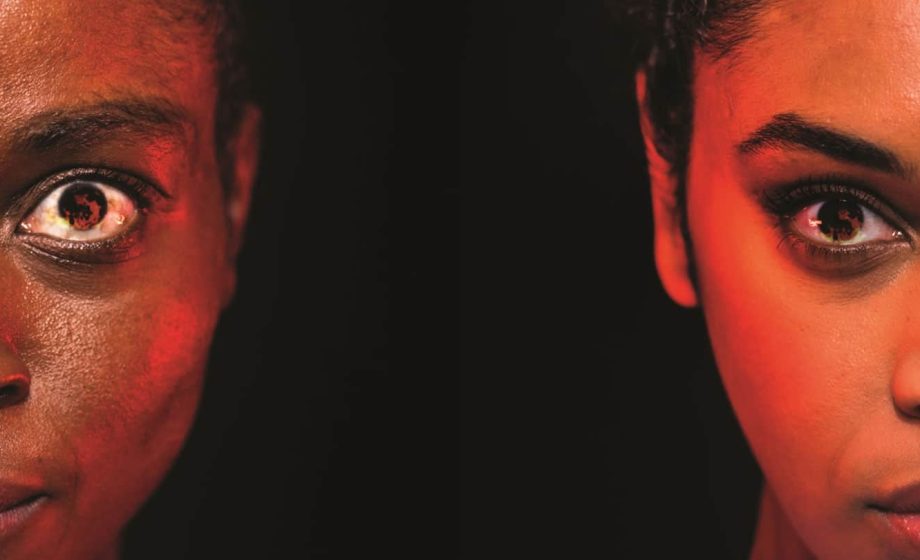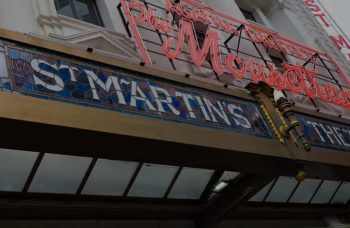The National Arts Centre, as the pinnacle performing arts centre of Canada, tends to create ripples with its decisions. The company sets many precedents, is an incubator for much of the country’s theatrical voices, and is an example for trying to move past stagnation of the industry. But sometimes these ripples are received as rapids by the public, as evidenced in the reaction to NAC’s Black Out performance of Is God Is.
Black Out performances are a recent trend popping up in theatre programming in conjunction with various other efforts by companies to extend an invitation of designated showings to communities for programming that is specifically by or about those communities. In this case, Black Out shows aim to be a night for Black audiences in order to engage in a shared experience and discussion of the content. With a general theatre audience in North America tending to be a majority of aged, white individuals, it makes sense that companies would want avenues of direct engagement for groups represented in their programming.
Despite the fact that NAC’s executive director of strategy and communications Annabelle Cloutier even stated that no one would be turned away for racial identity at this single performance, it didn’t stop right-wing media platforms from framing it as a segregationist collapse of their rights.
Part of Montréal-based company Black Theatre Workshop’s curation partnership currently ongoing with the NAC, Aleshea Harris’ Is God Is tells the story of twin sisters Anaia and Racine on a quest for vengeance in the American south. Stating that it “channels Tarantino as much as Sophocles,” this production helmed by Mumbi Tindyebwa Otu is sure to be a resonant start to the year for both companies despite the undue backlash.
One can agree that a federally-funded body holding events of identity exclusivity treads a fine line—but the National Arts Centre’s Black Out night sought to create space for Black audiences in a recurrently homogenous crowd. The idea of interpreting this endeavour as one of bigotry can only come from the minds of those who don’t care enough to look critically at the status quo they fervently defend.





